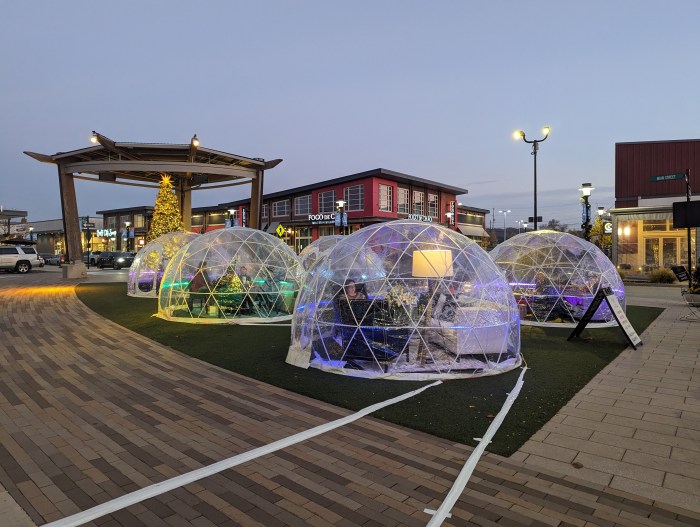For more than seven years, Wake Forest professor Lucas F. Johnston studied the intersection of religious faith and the environmental movement. But he often found himself frustrated by a basic disconnect: Worldwide, there was a rapidly growing effort to link theology with environmental consciousness, but this didn’t appear to reap any measurable changes. People changed their philosophy, but they didn’t change their behavior.
Now Johnston is at the forefront of a movement to further incorporate environmental sustainability into higher education curricula. But for Johnston, an ideological shift isn’t good enough. He wants results.
“For a long time, the religion and ecology field was, basically, advancing popularized narratives about why this or that religious tradition was inherently green,” says Johnston. “In a similar fashion, we saw a lot of anecdotal stories coming out of higher education. That’s a good first step. … But now we need to gather some empirical data. We need to find out what changes systems and people.”
Johnston recently edited a book that attempts to do just that. “Higher Education for Sustainability: Cases, Challenges, and Opportunities from Across the Curriculum” contains some of the most thorough research and analysis on green courses to date.
“All sustainable solutions are context-dependent. So in this book we’re looking at specific schools — specific contexts,” explains Johnston. “Basically, if you take the idea of sustainability seriously, we’re talking about our survival as a species. We have to think about educating students about that, because most of them have no sense of what a sustainable society looks like.”
Get involved
For resources to help bring sustainability curricula to your college or university:
The Association for the Advancement of Sustainability in Higher Education (www.aashe.org): During the past four years, this nonprofit has led the charge in researching and developing environmental education on campuses across the country.





























